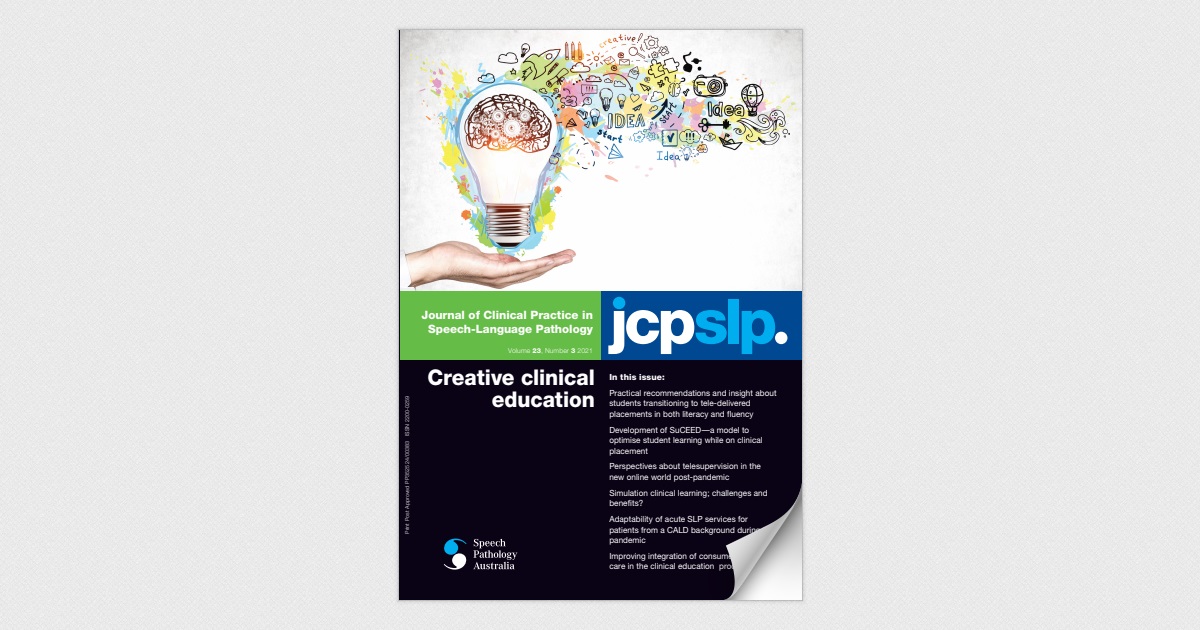Attention: final year Australian speech pathology students and new graduate speech pathologists considering employment options in private practice!
Here are 20 things you should do to get up to speed on your employment rights and responsibilities in your first job as a speech pathologist.
Disclaimer: This post looks at some general employment basics we think you should know about and is not legal advice. Before taking action, seek advice from a lawyer specific to your circumstances.
1. Private Practice
Many (if not most) new graduate speech pathologists in Australia start their professional careers as employees in private practices.
2. No longer an Allied Health Assistant
We know that, while studying, many student speech pathologists work as allied health assistants. This should cease when you graduate. Graduates should be employed as professionals, not assistants – see pages 52-54 of this journal for more detail:

supervisors in a private practice setting.
3. Employment Conditions
Get informed about Australian employment laws. Read about employment contracts:
4. National Employment Standards
Read about the National Employment Standards:
5. Health Professionals and Support Services Award
Read your Award – the Health Professionals and Support Services Award (MA000027):
6. Income Tax and Superannuation
Learn some basics about Australian income tax and superannuation:
7. Read your employment contract and ask questions
Always read your draft employment contract carefully and query anything you don’t understand before signing. Seek legal advice when needed. Here’s a list of some things to consider:

8. Types of Employment
Know your type of employment. Are you being employed full-time, part-time, as a casual, or on a fixed term contract?
9. Employee versus Independent Contractor
Understand the basic differences between employment contracts and independent contracting arrangements:
10. Probation Periods
Read about probation periods. Query anything longer than 6 months in your employment contract:
11. Restraint of Trade Clauses
Watch out for restraint of trade clauses in your employment contract that affect your freedom to work for others or for yourself after your current employment ends. Read this:

12. Professional Indemnity Insurance
Get your own professional indemnity insurance. Don’t rely on your employer’s insurance arrangements – there could be gaps, they may forget to pay their premium, or go bust. It’s also required by law in some States, e.g. see section 13 of the NSW Code of Conduct for Non-Registered Health Practitioners:

13. Starting a new job
If you haven’t worked as an employee before – or could do with a refresher – do this free short course about starting a new job:
14. Workplace safety
Learn more about your rights and responsibilities at work. Read about workplace safety:
15. Psychosocial hazards at work
Read about and watch for psychosocial hazards at work:
16. Workplace discrimination
Read about workplace discrimination:
17. Difficult workplace conversations
Be prepared to advocate for your rights at work. Complete this course to get prepared for difficult conversations:
18. Codes of Conduct
Speech pathologists in private practice are self-regulated in Australia. But they are not unregulated. Statutory Codes of Conduct apply in many states, modelled on the NSW Code of Conduct for Unregistered Health Professionals:
19. Code of Ethics
Don’t forget your obligations to employers, clients and members of the public under the Code of Ethics 2020!

20. Professional Standards
Finally, the Professional Standards for Speech Pathologists in Australia applies to you as an autonomous professional at all stages of your career:

We hope this information (not legal advice) is useful to you. Welcome to the speech pathology profession and all the best with your first jobs!
This article also appears in a recent issue of Banter Booster, our weekly round up of the best speech pathology ideas and practice tips for busy speech pathologists, providers, speech pathology students, teachers and other interested readers.
Sign up to receive Banter Booster in your inbox each week:
Related articles:
- 12 early career tips for Australian speech pathologists and students considering a career in private practice
- For SLPs in private practice, professionalism has never been more important
- 12 Days of Tips for Speech Pathologists in Private Practice
- Not alone: building a sustainable, meaningful career as a speech pathologist in private practice

Hi there, I’m David Kinnane.
Principal Speech Pathologist, Banter Speech & Language
Our talented team of certified practising speech pathologists provide unhurried, personalised and evidence-based speech pathology care to children and adults in the Inner West of Sydney and beyond, both in our clinic and via telehealth.



Leave a Reply